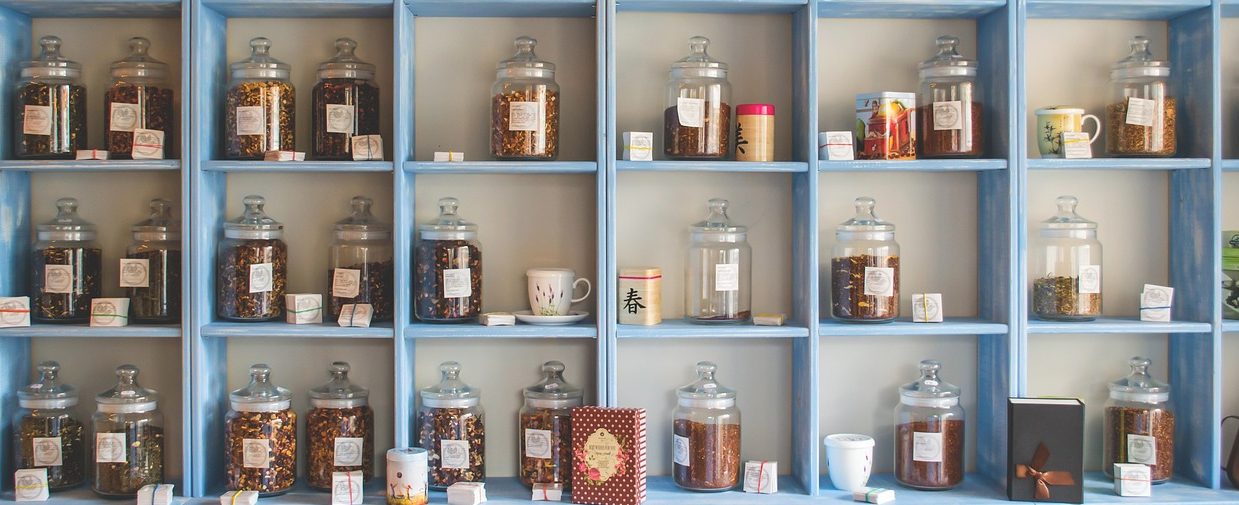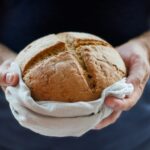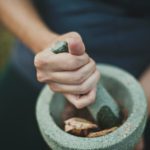Dampness (濕), a term in traditional Chinese medicine (TCM), is 100% related to your IBS. In post (1), we talked about bloating. However, if you also have cold limbs, if your levels of energy is low, and if you have irregular menstruation, your body is calling for help as it is suffering from excessive amounts of moisture, or in the word of TCM: Dampness.
What (on earth) is Dampness?
What exactly is Dampness? There is too much moisture in your digestive system (Spleen, in TCM) and the moisture blocks your Qi (the energy flowing within your body).
Basically, your Spleen (the digestive system) works as a factory to process food and water into nutrients and then deliver them to different parts of your body. However, think about what happens if the facotry of Spleen cannot process food and water properly. The result is: wastage is produced and that wastage is what TCM calls Dampness.
Well, you still think that the idea of Dampness is too abstract, too Asian?
What is Dampness in Western medicine?
In term of Western medicine, Dr. Heyne thinks of Dampness as accumulation of mast cells, which is something less than normal. What are mast cells? In a word, mast cells are a type of white blood cells you can find in your intestines and they send messages to inform your immune system to do something. And that something makes you rush to the washroom.
Besides rushing to the washroom, there are three other effects of Dampness on your body, explained by Dr. Tong, a TCM practitioner with knowledge of Western medicine. Dampness:
- lowers the level of oxygen in your blood, making it hard for cells to breathe
- slows down blood circulation, making your cells get less nutrients
- (worst of all) forces your cells to have no choice but live with garbage as wastage produced by metabolism stays and accumulates
The final result: cells slow down and and your doctor tell you that you are sick (i.e. IBS).
Well, any method to solve the problem of Dampness, to dry our digestive system (Spleen), and to make us healthier?
Spleen as a tumble dryer
To solve the problem of Dampness, you have to picture Spleen (the digestive system) as an appliance in your home, a tumble dryer. What does that mean? Our body, our digestive systems (intestines in particular) do not like too much moisture, and we have to think of Spleen as a tumble dryer, a machine that evaporates the water in wet clothes and if it works well, the clothes are dried.
However, what if the tumble dryer does not work well? This is exactly why we have IBS: Dampness is found in our bodies because the clothes (by analogy, food and water taken and ‘processed’ in intestines) are not dried enough. In other words, our built-in tumble dryer (Spleen) cannot get rid of excessive amounts of moisture, making us suffering from dampness (or IBS).
A formula to fight Dampness
In fact, in the world of traditional Chinese medicine (TCM) there is a herbal formula to dry moisture in our body and to make Spleen healthy. It is:
Shen Ling Bai Zhu San (參苓白術散)
Source: https://www.americandragon.com/Herb%20Formulas%20copy/ShenLingBaiZhuSan.html
Its main components have the following functions:
- Bai Zhu (Poria, 白朮) & Fu Ling (Poria, 茯苓): Strengthens Spleen and dries Dampness.
- Ren Shen (Ginseng, 人參): Tonifies Spleen and Lung Qi.
- Combining with Bai Zhu, it enhances the functions of the digestive system.
- Shan Yao (Chinese Yam, 山藥): Tonifies Spleen and Lungs, and stops diarrhea.
- Combining with Fu Ling and Bai Zhu to deal with problems of loose, watery stools.
- Lian Zi (Nelumbinis, 蓮子): Stops diarrhea.
- Combining with Ren Shen, Bai Zhu and Shan Yao, for chronic diarrhea.
- Bai Bian Dou (Dolichorus, 白扁豆): Dries Dampness.
- Combing with Bai Zhu and Shan Yao for diarrhea or vaginal discharge



